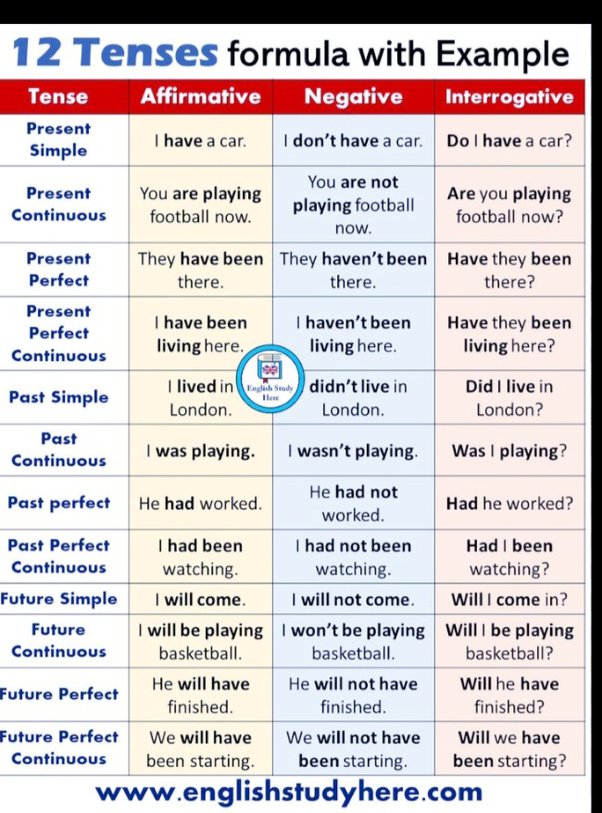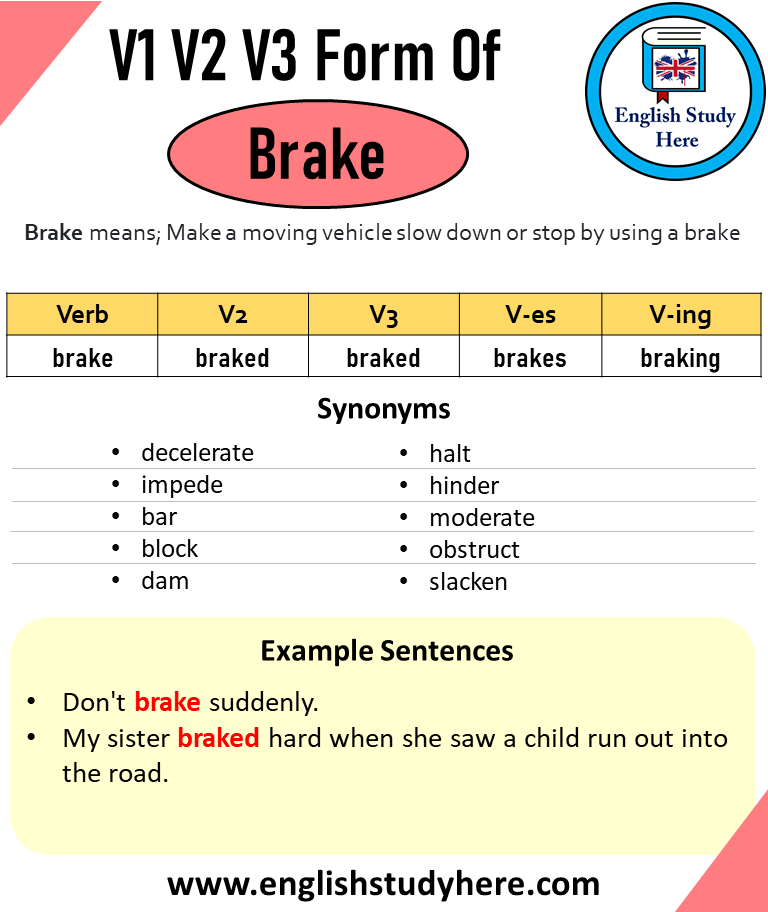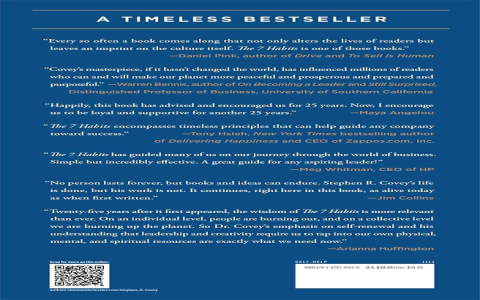Alright, so today was one of those days. You know, when you’re just minding your own business, maybe reading something, and a tiny little detail just snags your attention. It wasn’t anything major, just a simple word, but it got me thinking and, well, doing a little mental “practice session” on the spot.

The Culprit: “Past Tense of Brake”
I was skimming through some comments online – you know how it is, a bit of doomscrolling, a bit of genuine curiosity – and I saw someone write something like, “He should have breaked sooner.” And my internal editor just went ding! Not in a mean way, more like a “Hmm, let’s unpack that” kind of way. Because, you know, ‘braked’ vs ‘broke’ can actually change the whole picture.
It’s one of those classic English language quirks, isn’t it? Brake, the thing you do with your car pedal, and break, like when you drop your favorite mug. They sound the same, those cheeky homophones, always out to cause a bit of mischief.
My Quick Mental Workout
So, I took a moment. My process, if you can call it that, usually involves me talking it out in my head. Like this:
- “Okay, ‘brake’ as in to slow down. That’s a regular verb, right?”
- “So, past tense should just be ‘brake’ + ‘ed’. So, braked. ‘The driver braked hard.’”
- “Yep, that sounds about right. Feels natural.”
Then, just to be sure, I thought about the other one:
- “‘Break’ as in to damage or shatter something. That’s irregular.”
- “Past tense is ‘broke’. ‘He broke his leg.’ Or ‘He broke the car,’ meaning he wrecked it, not slowed it down.”
It’s funny how clear it is when you stop and think, but in the heat of typing, especially if English isn’t your first language, or even if it is and you’re just tired, these things can get mixed up. I’ve been there, typed something in a hurry and then looked back and thought, “Whoops!”

Why Bother? Well…
Some folks might say, “Who cares? You know what they meant!” And yeah, often you do. But for me, these little details are part of the craft, even in casual writing. It’s like making sure your ingredients are right when you’re cooking. Using “he breaked the car” when you mean he stopped it… well, it’s like putting salt in your coffee instead of sugar. It just tastes a bit off, you know?
So, that was my little linguistic detour for the day. Just a quick practice to keep the gears oiled. It’s not about being a grammar snob; it’s just about enjoying the precision of language, I guess. Or maybe I’ve just seen “he breaked his bike” one too many times when they clearly meant the poor guy just hit the brakes and didn’t actually snap his frame in two. Makes you wonder sometimes, doesn’t it?



